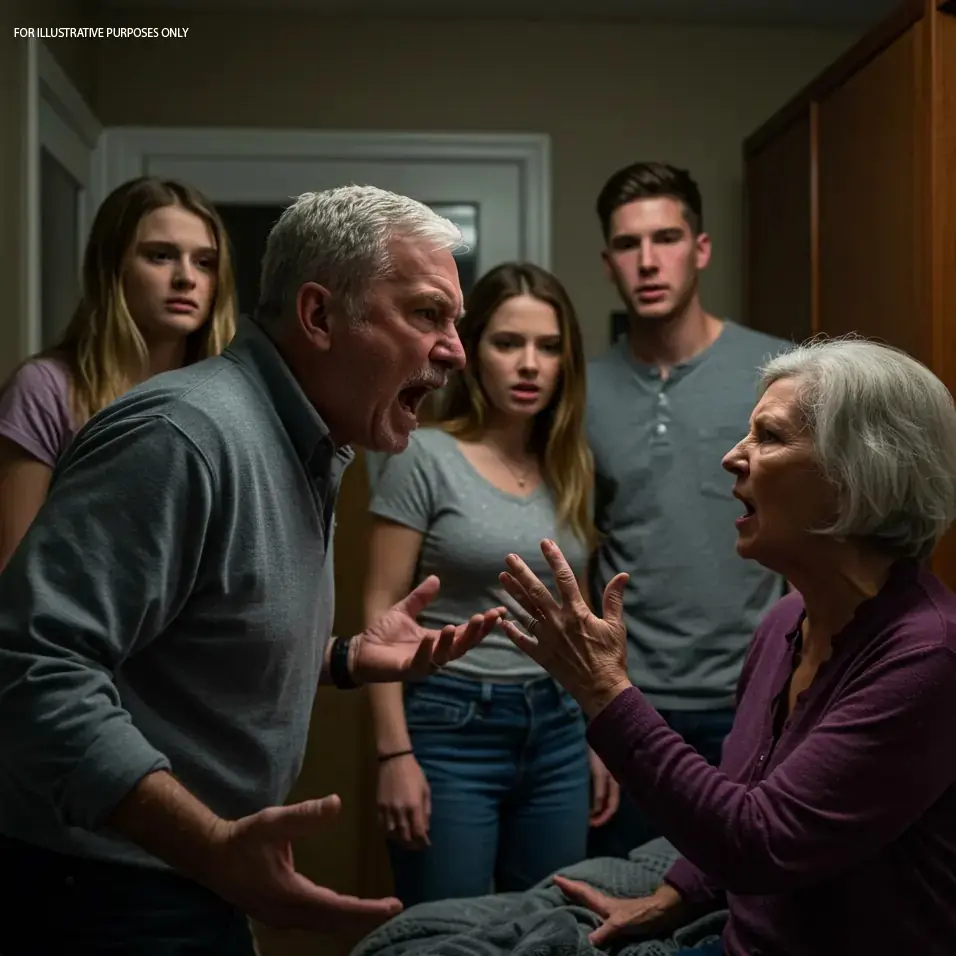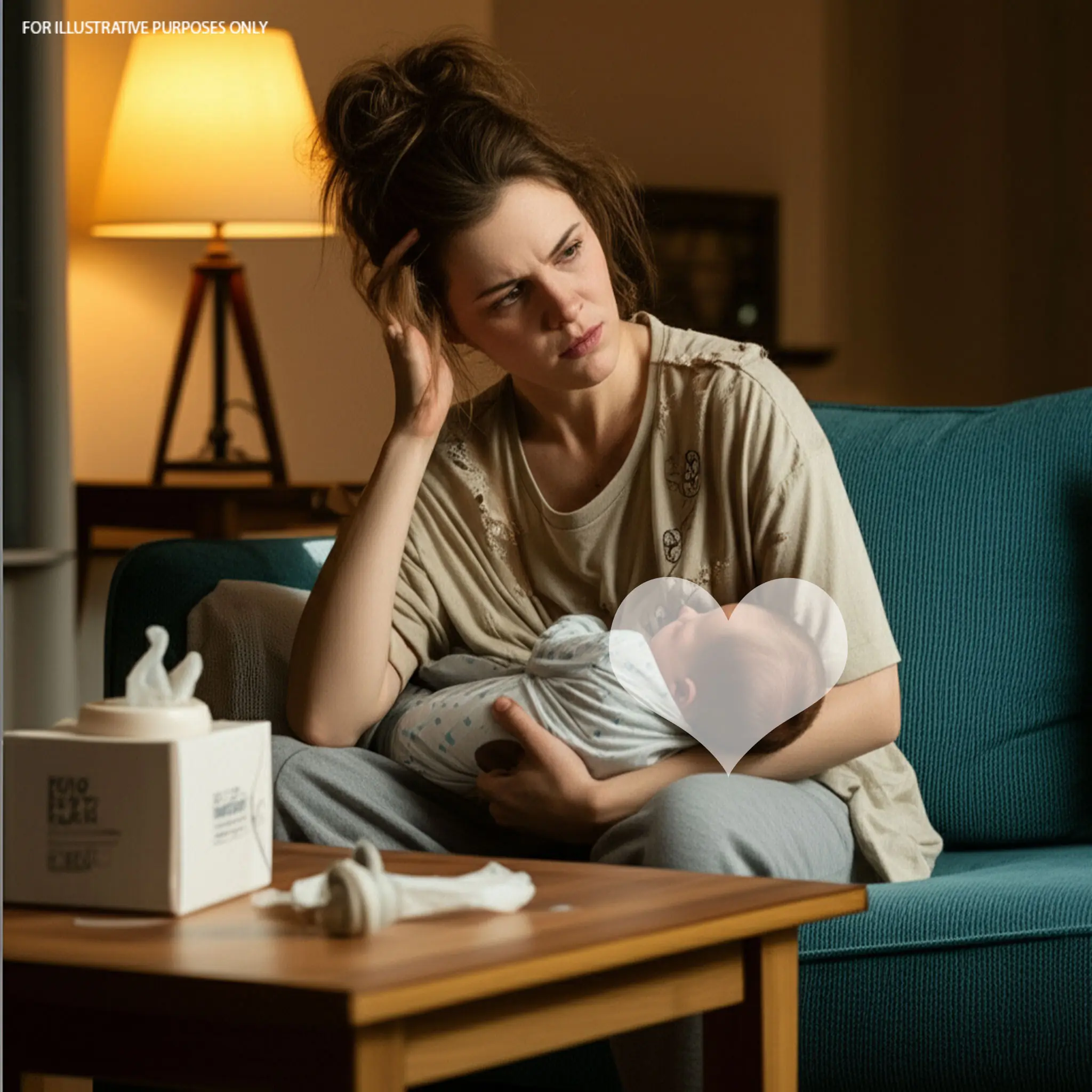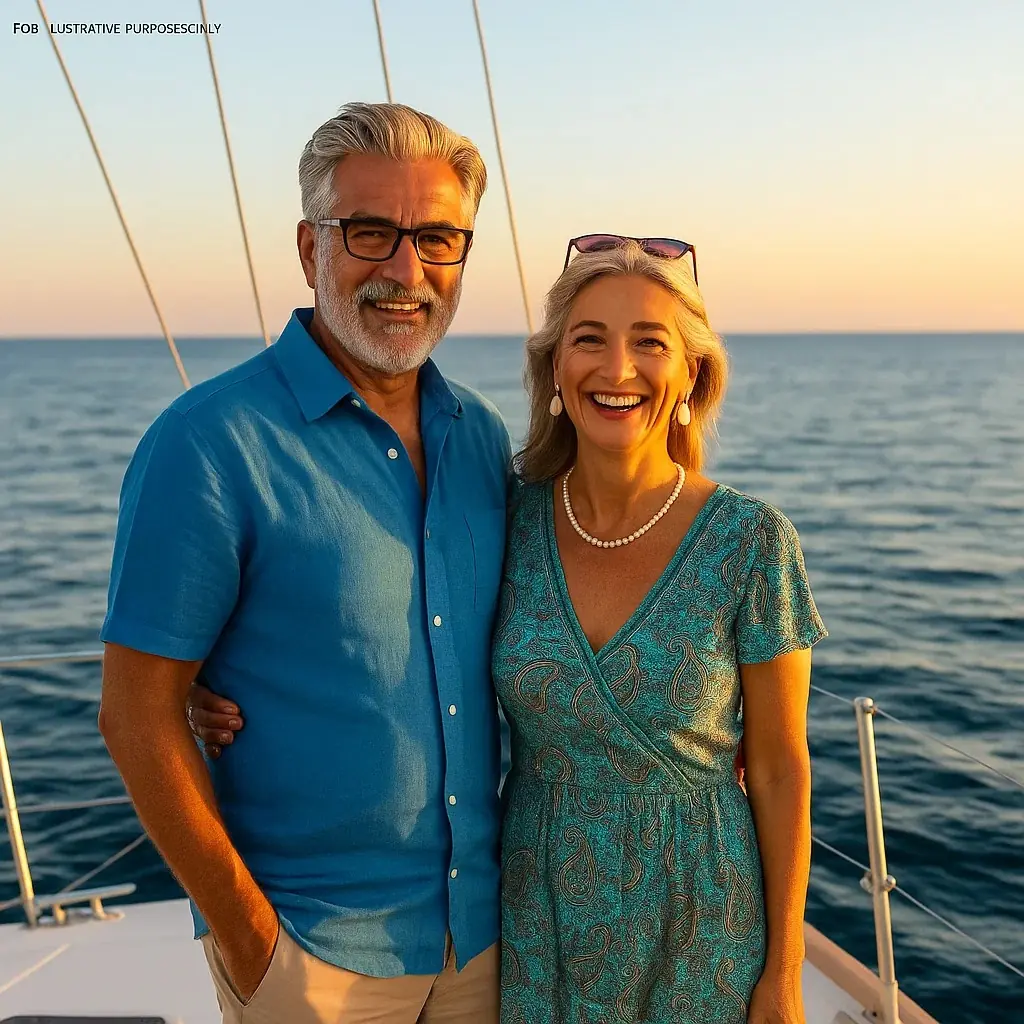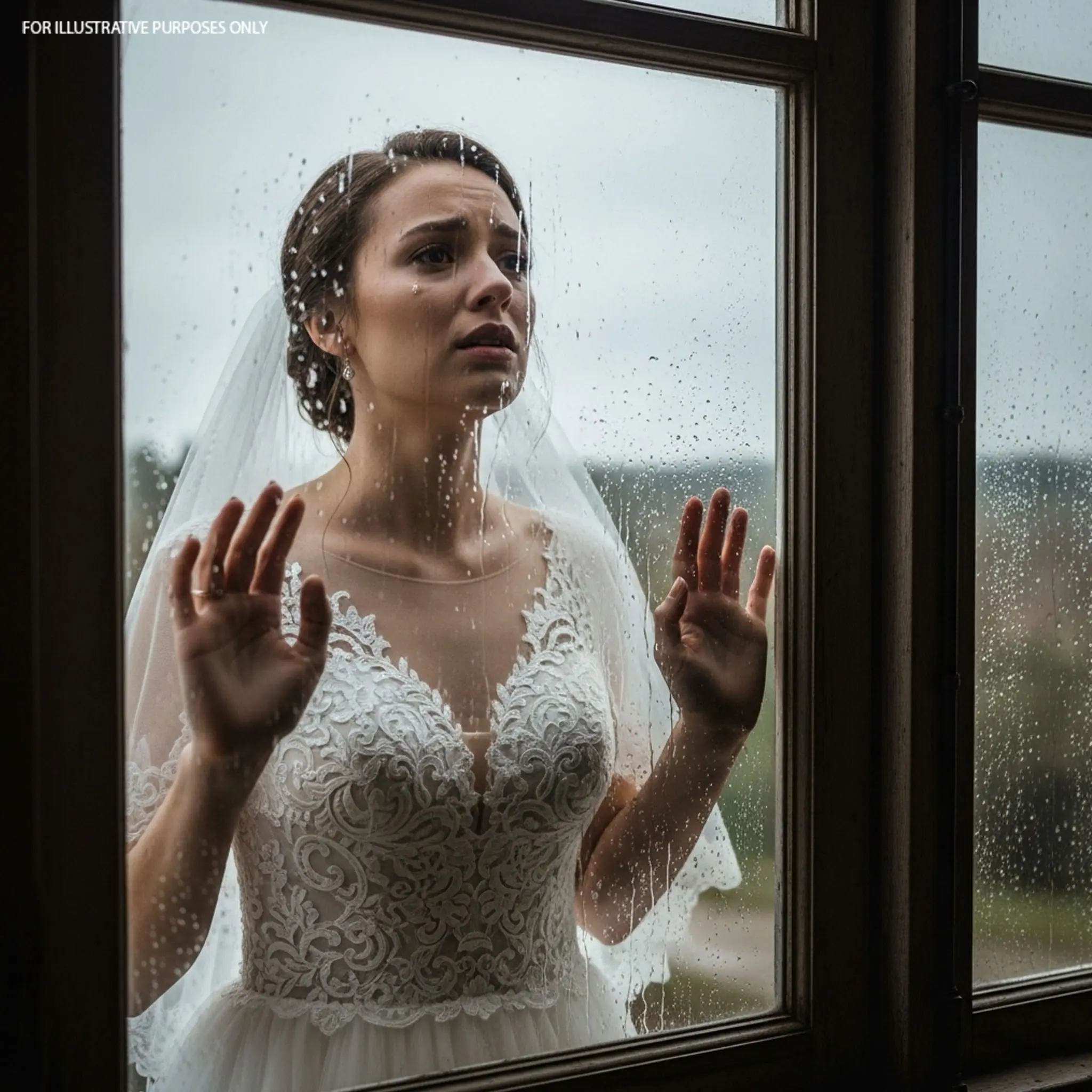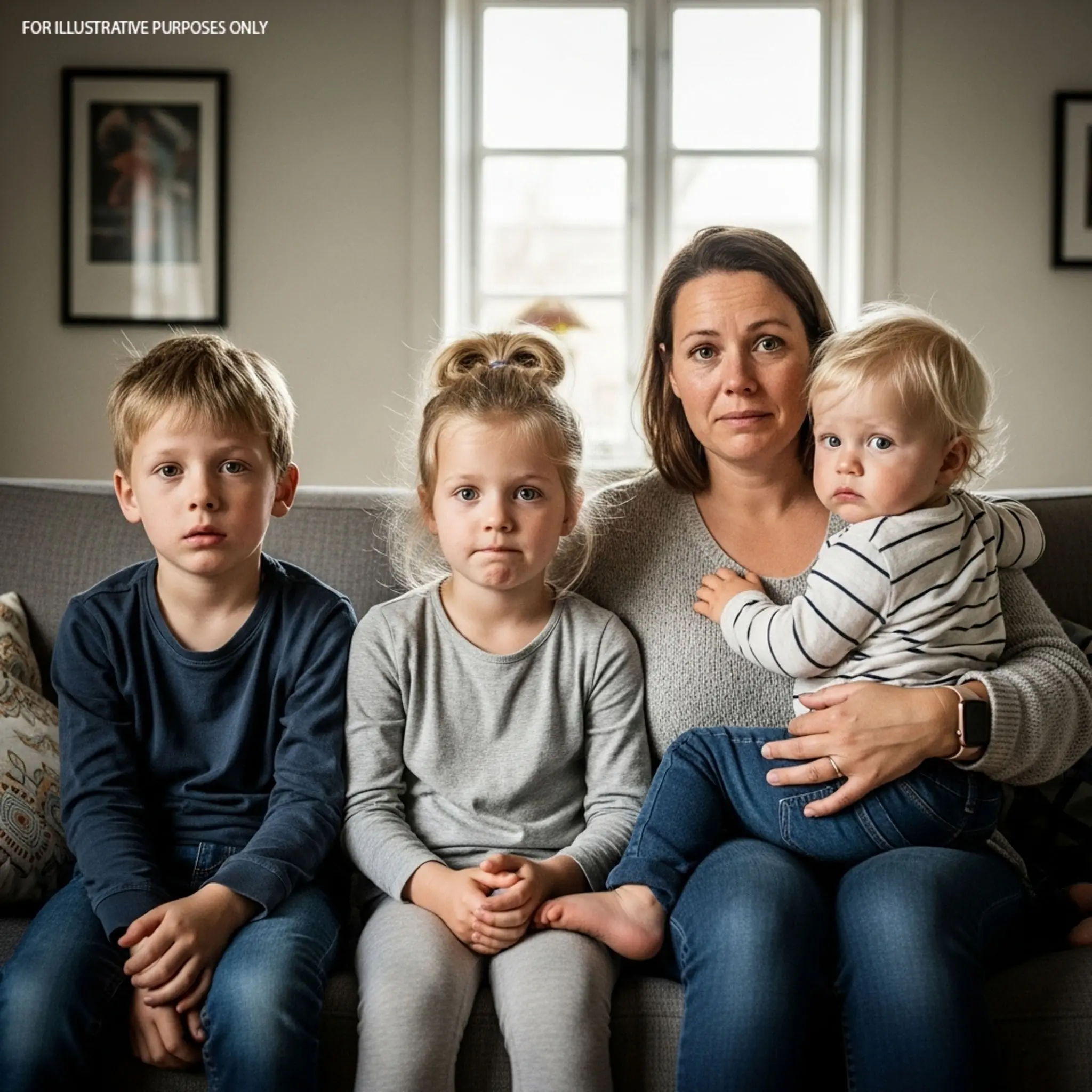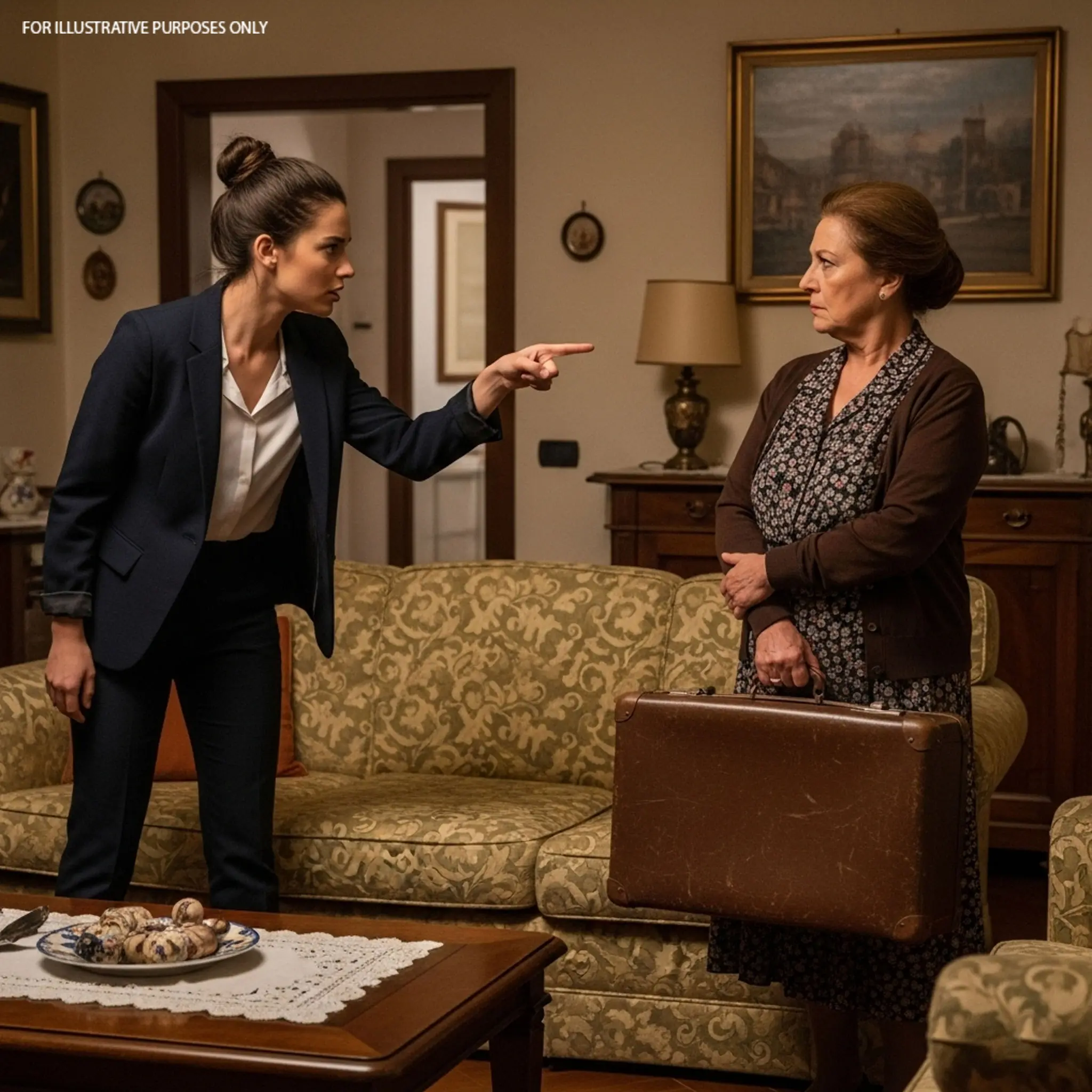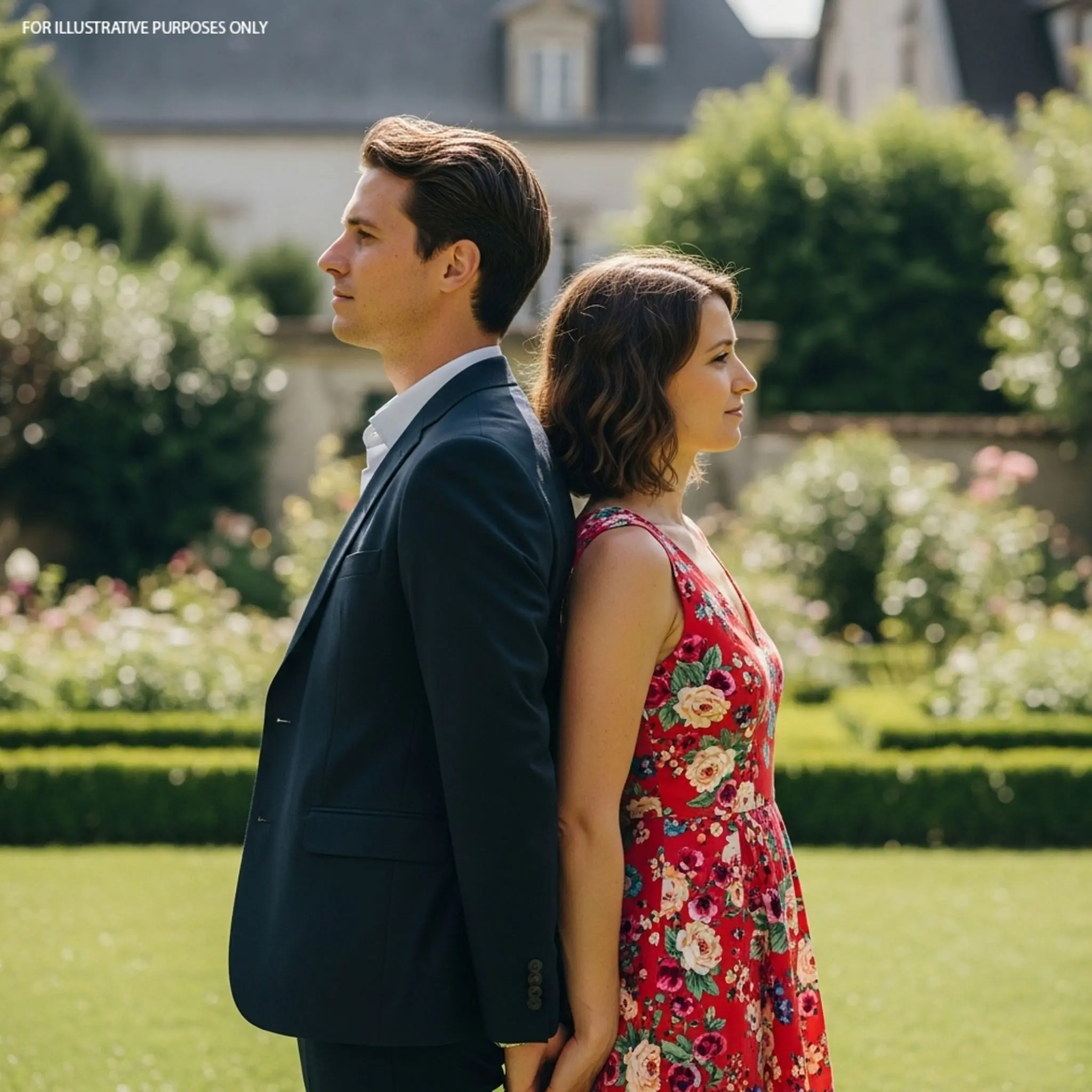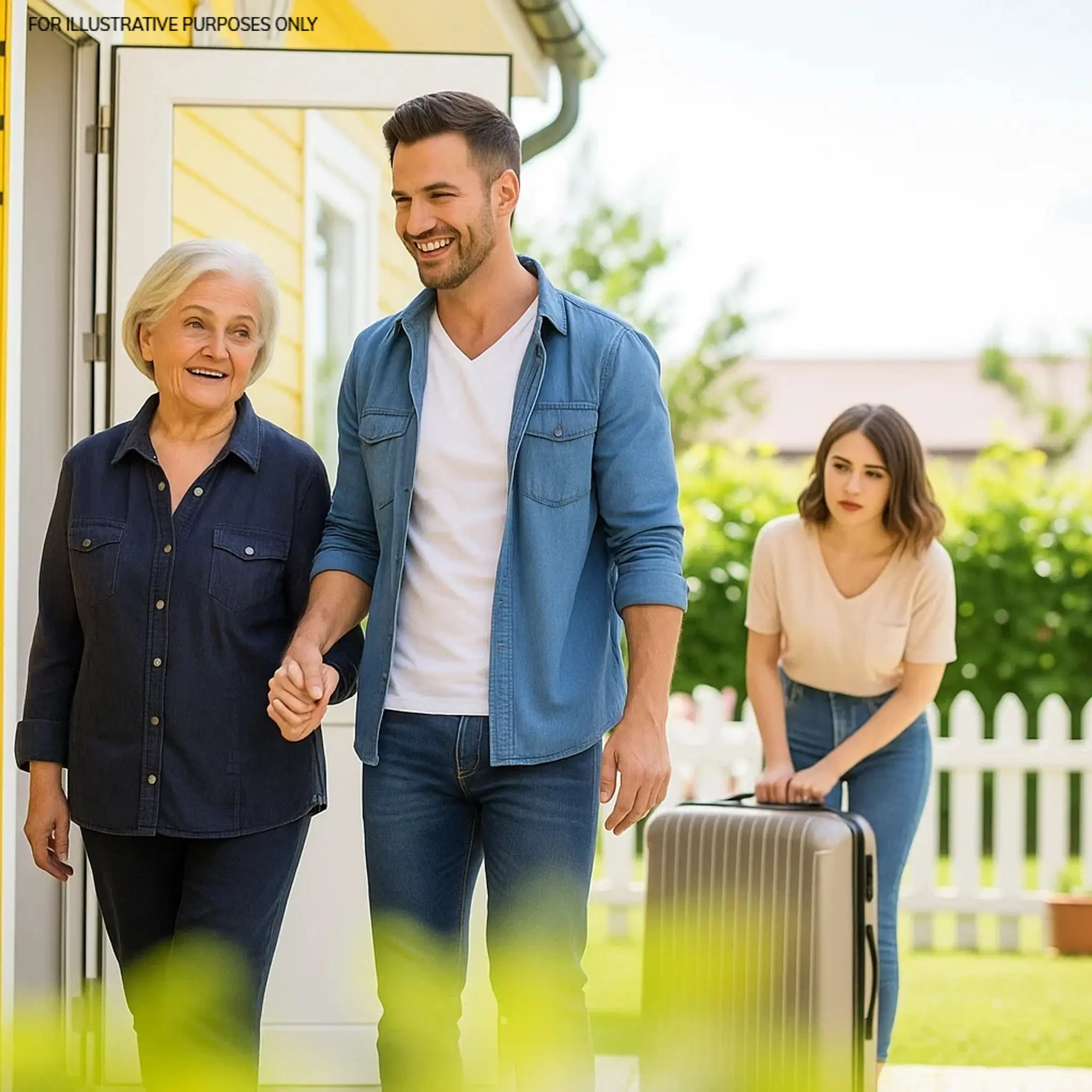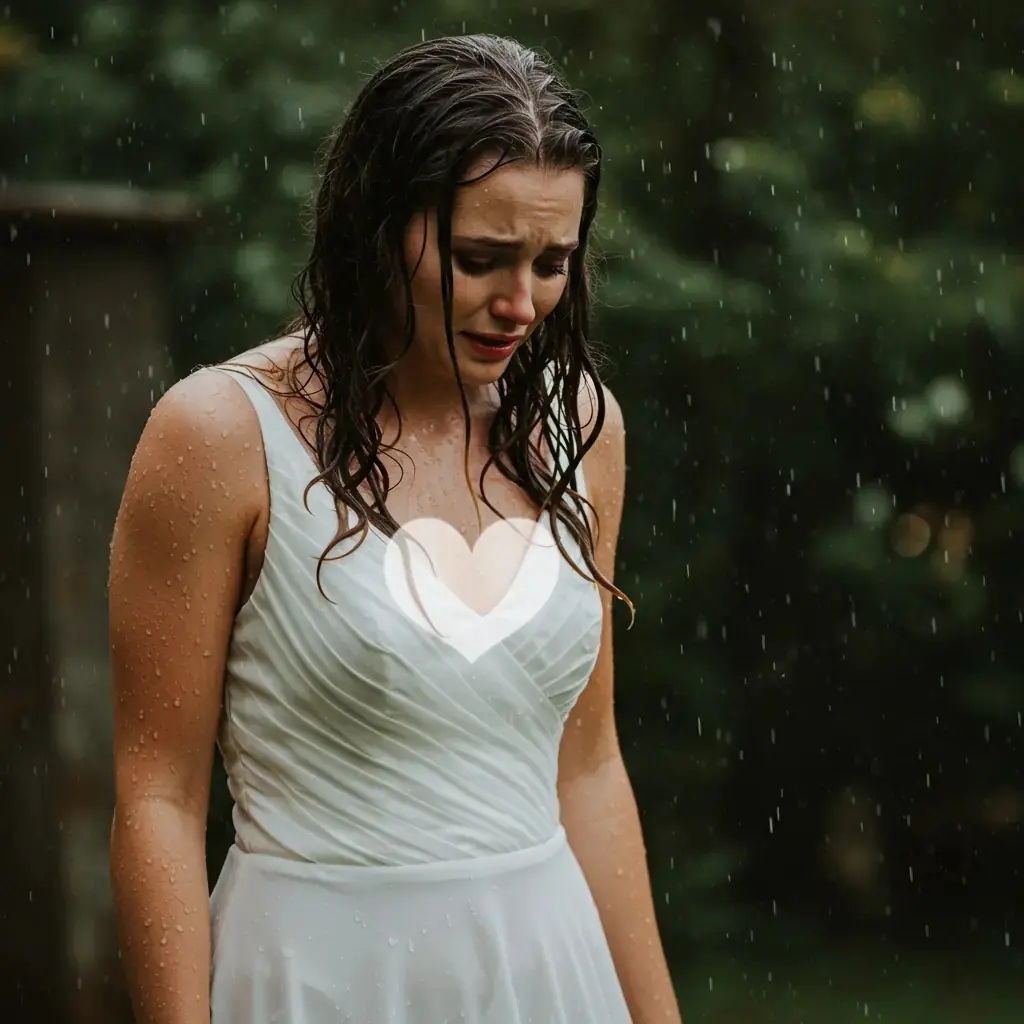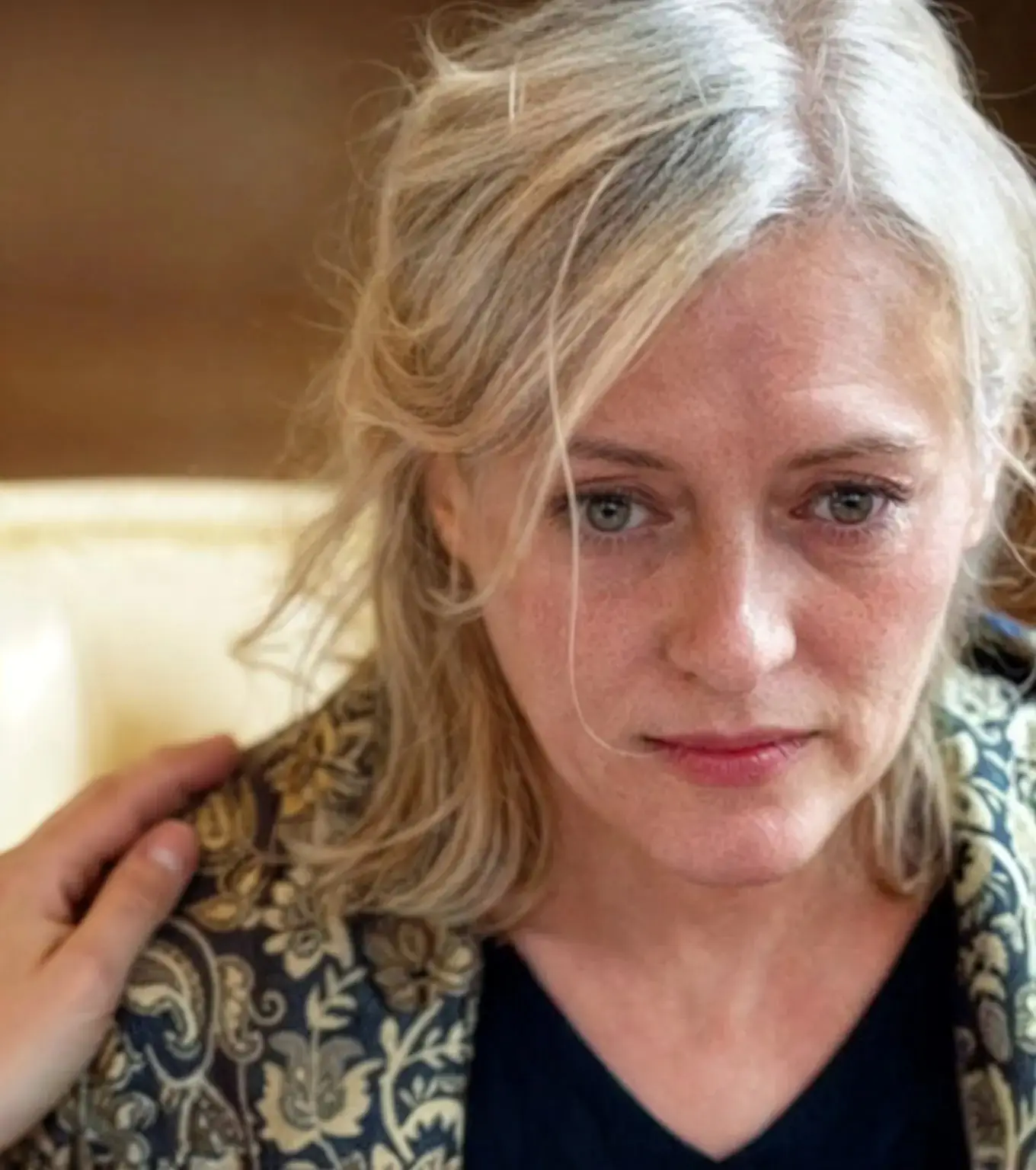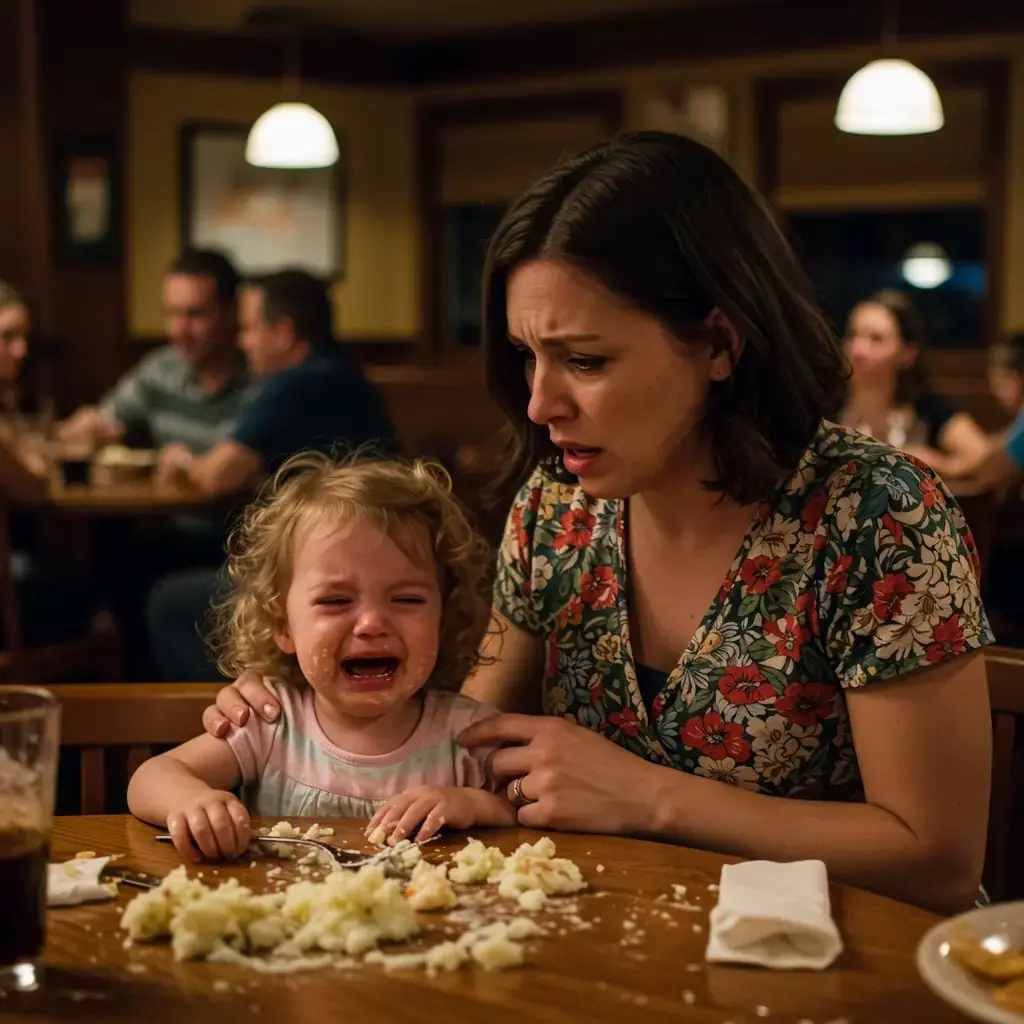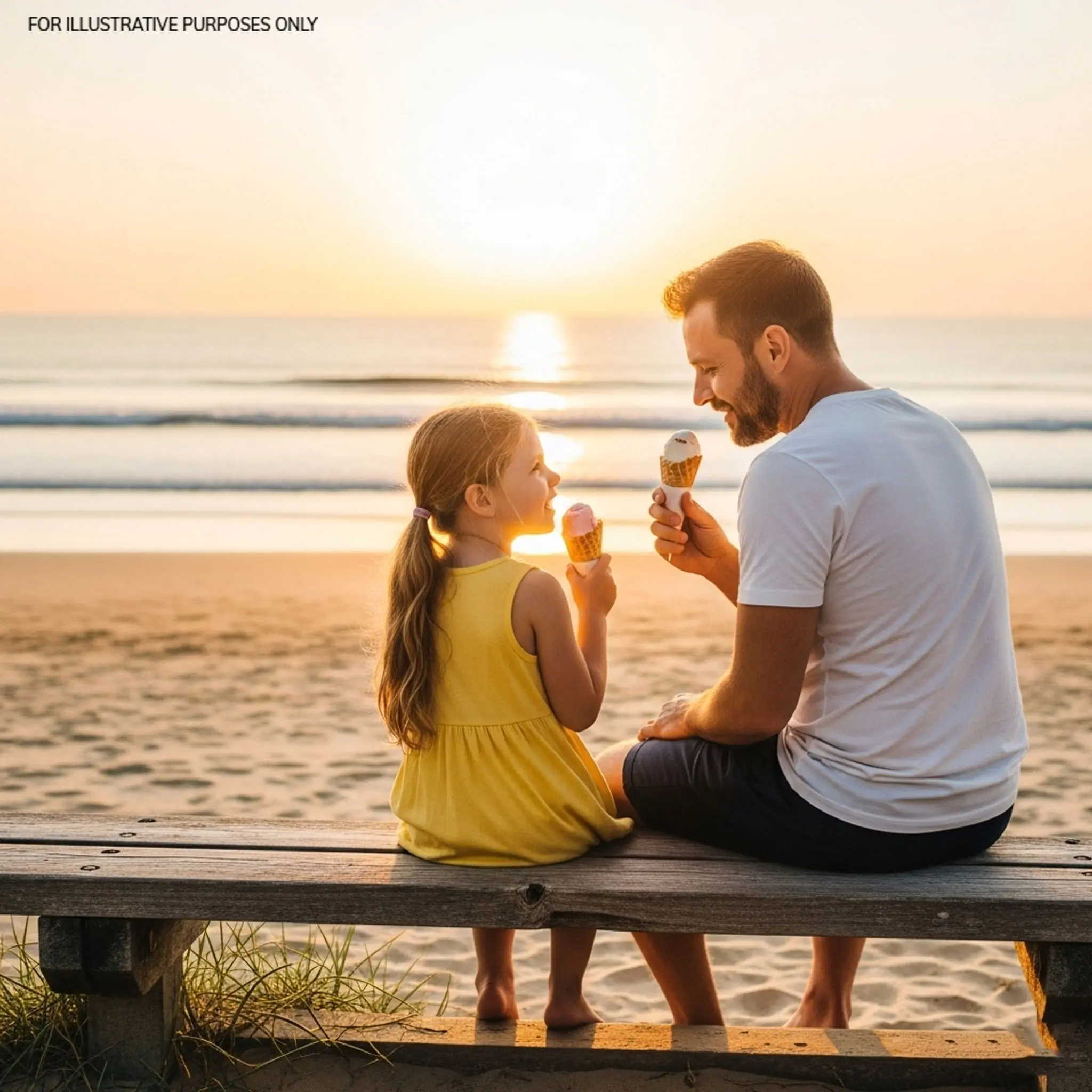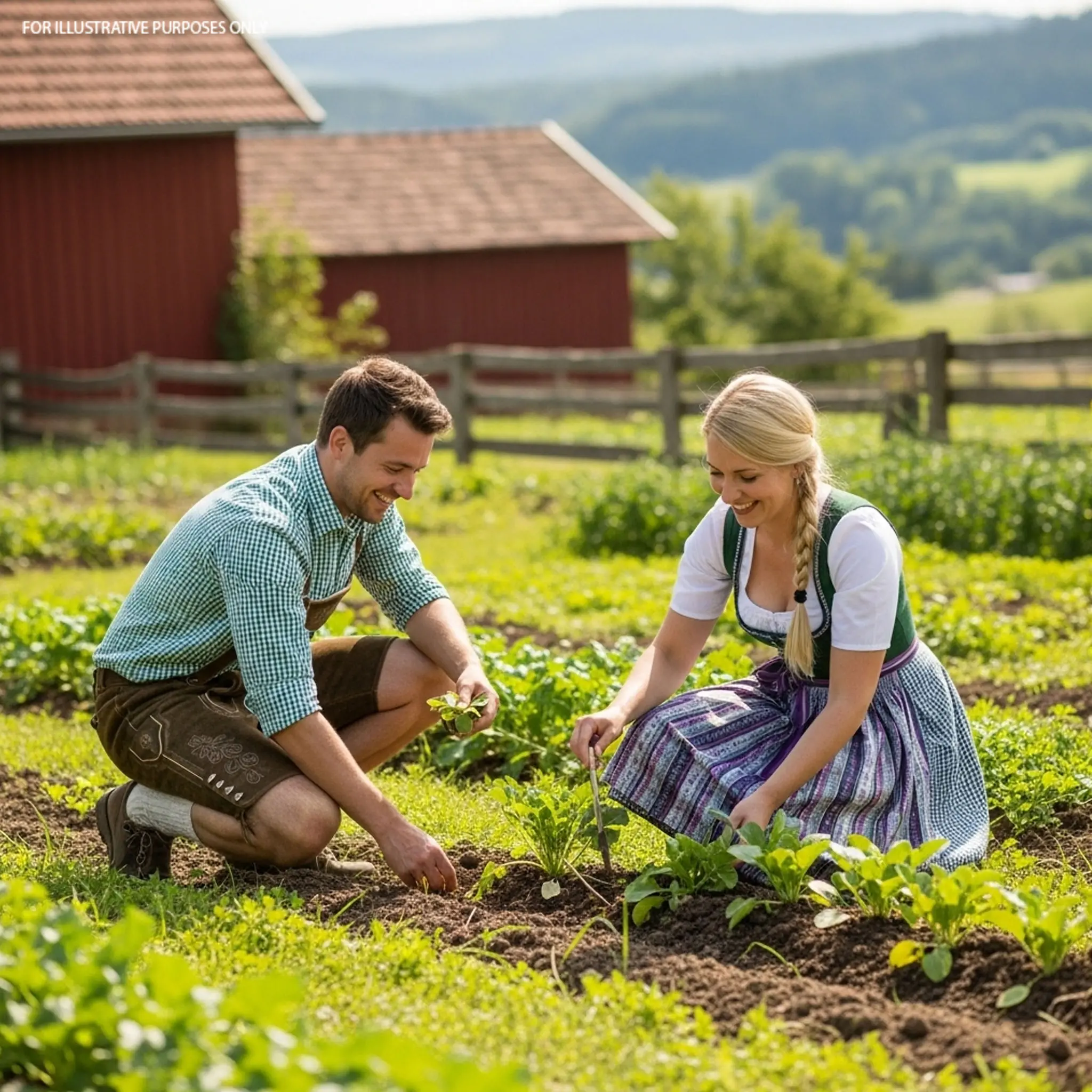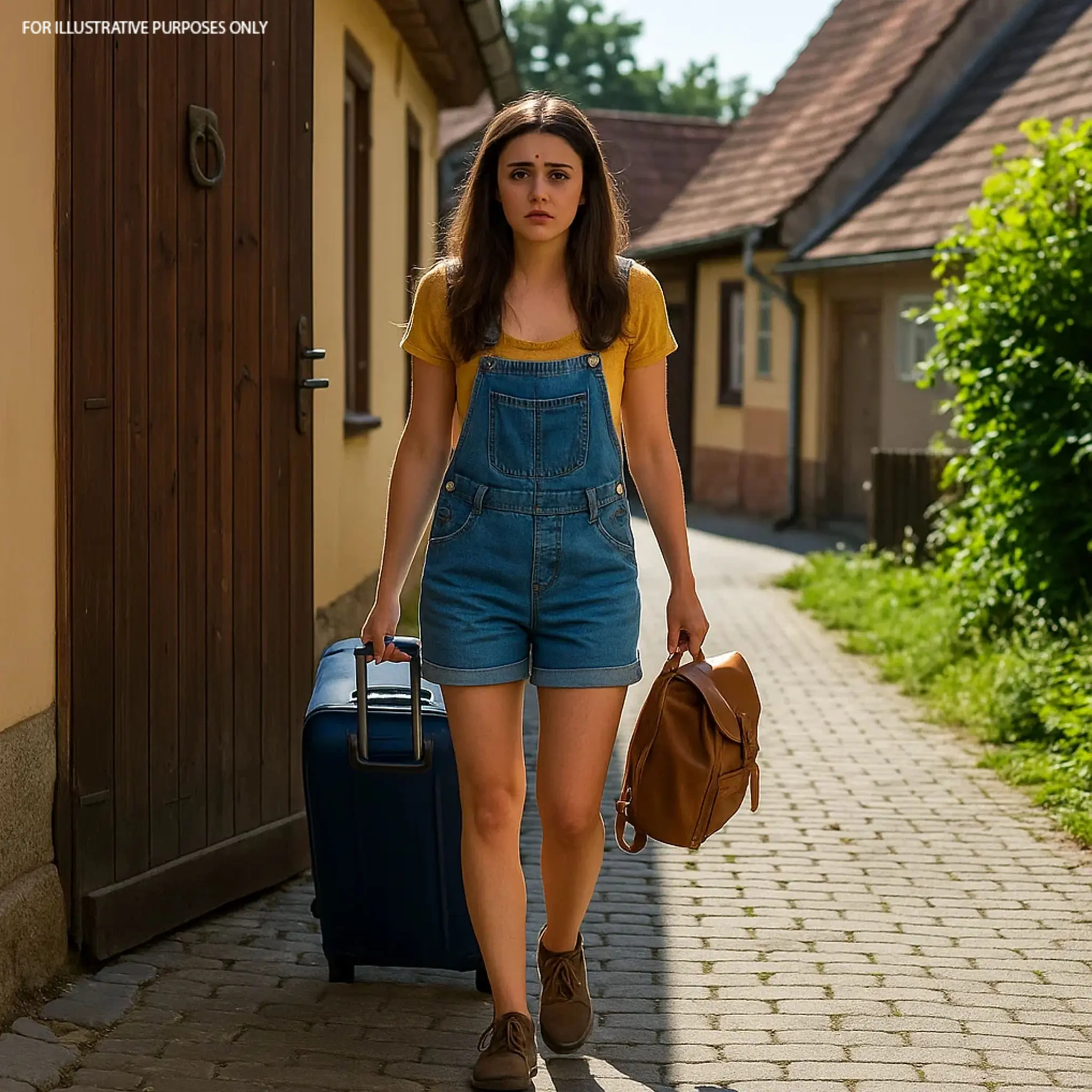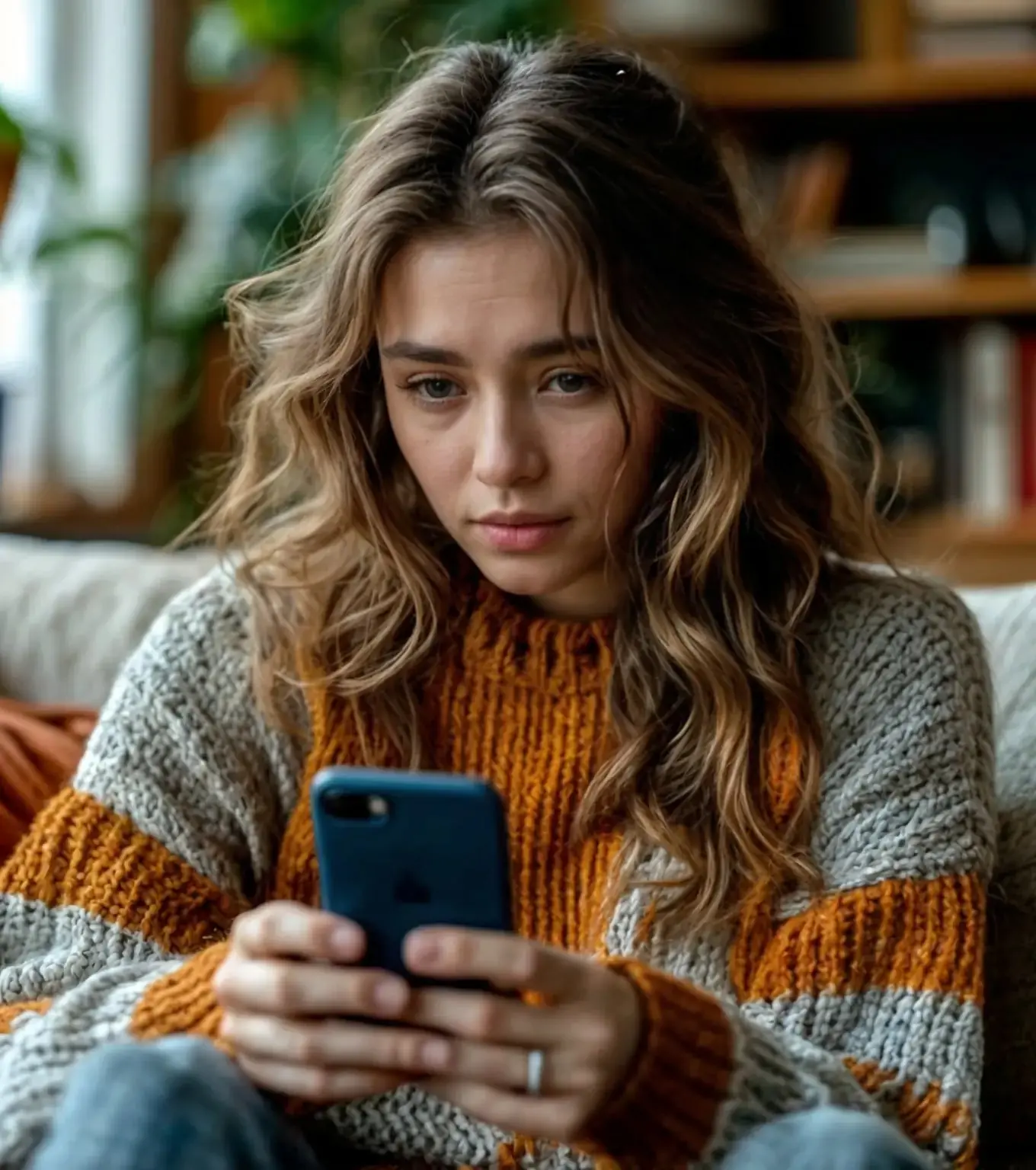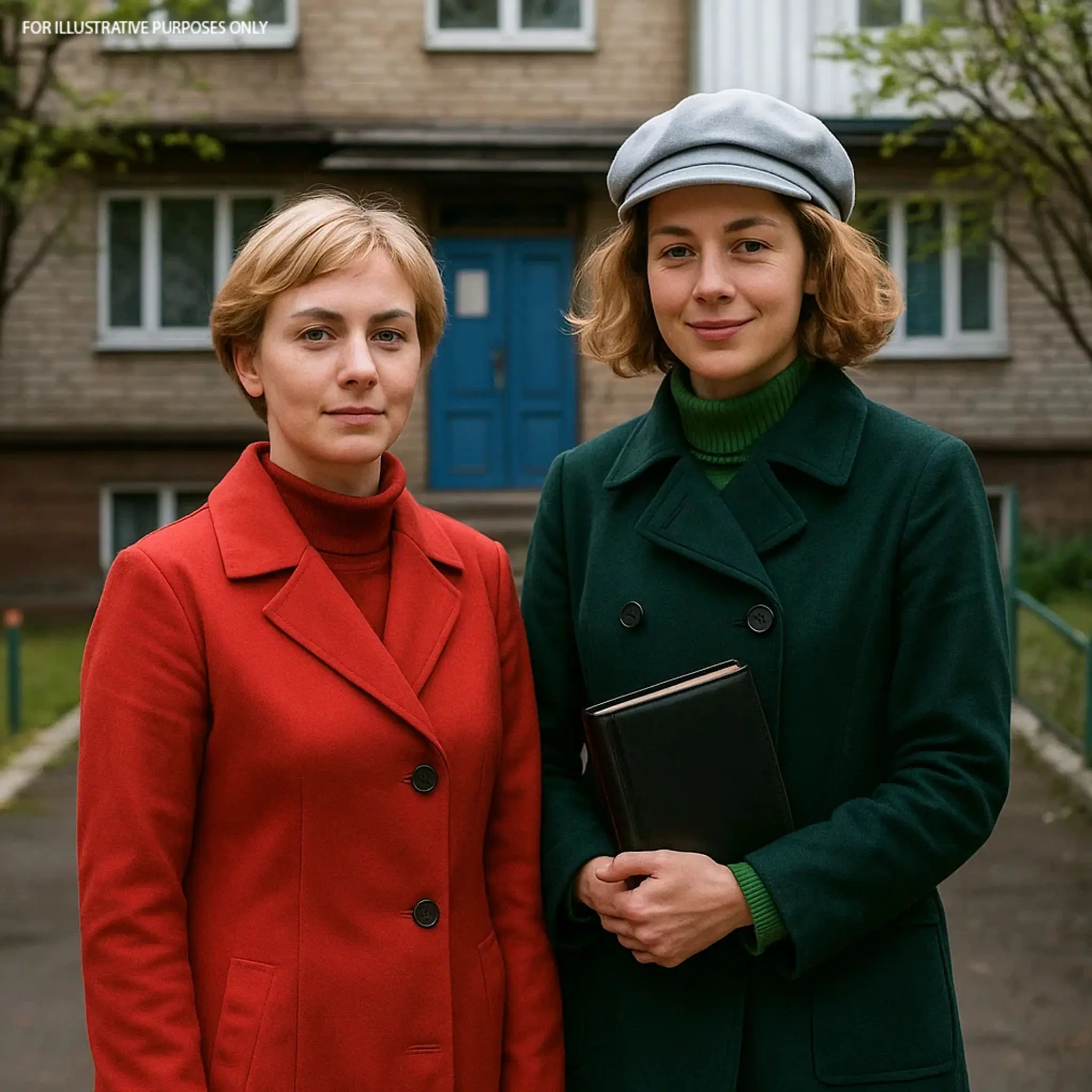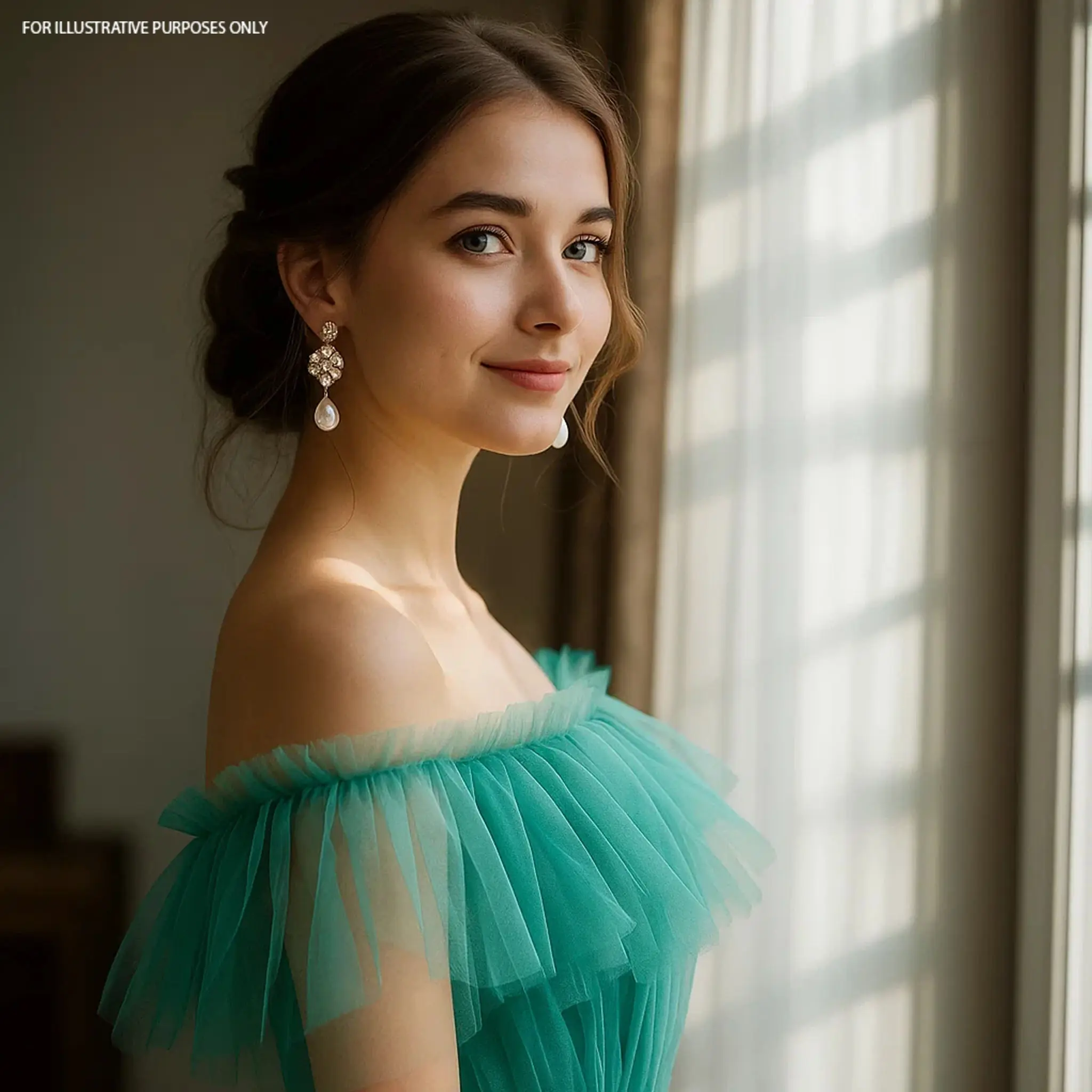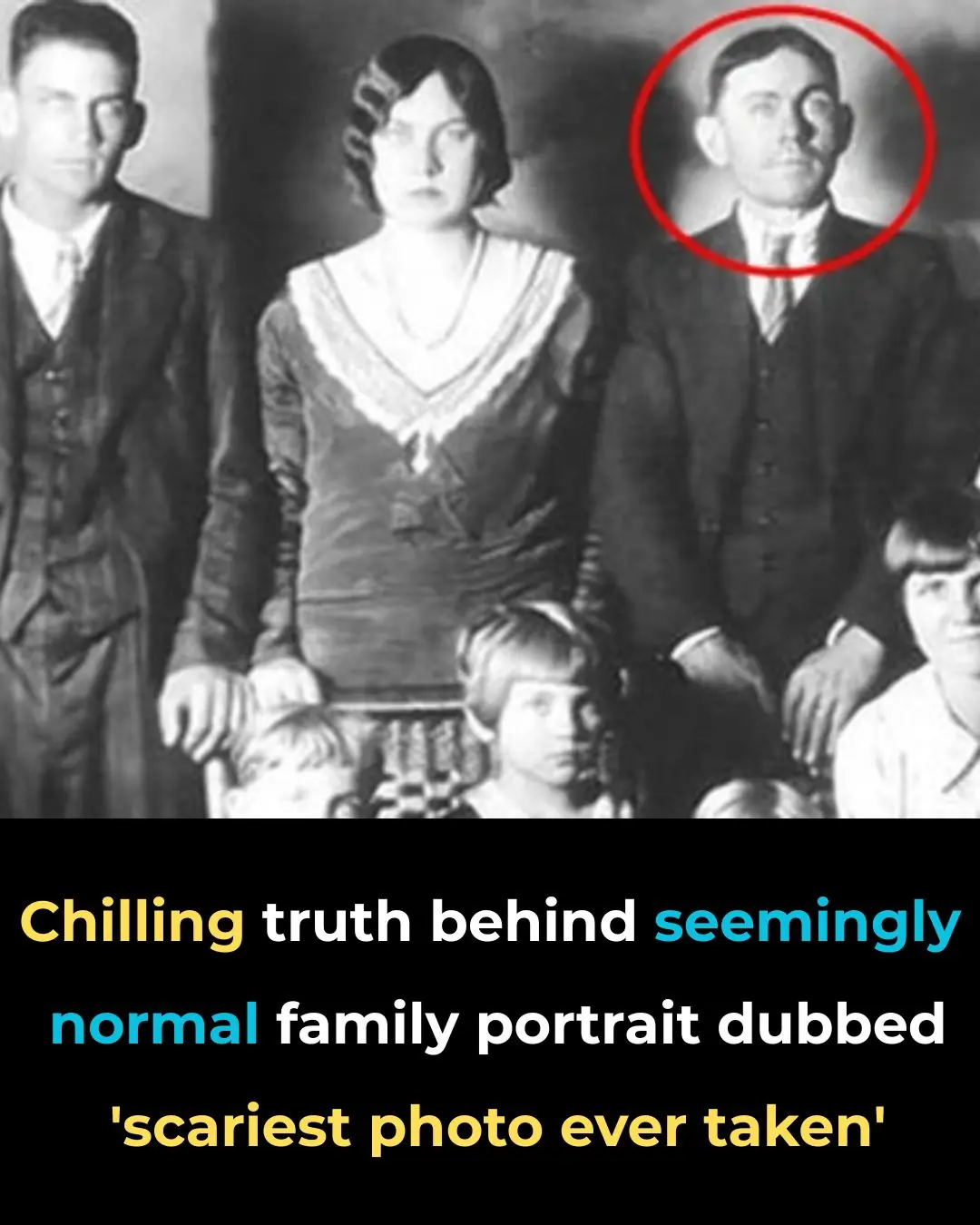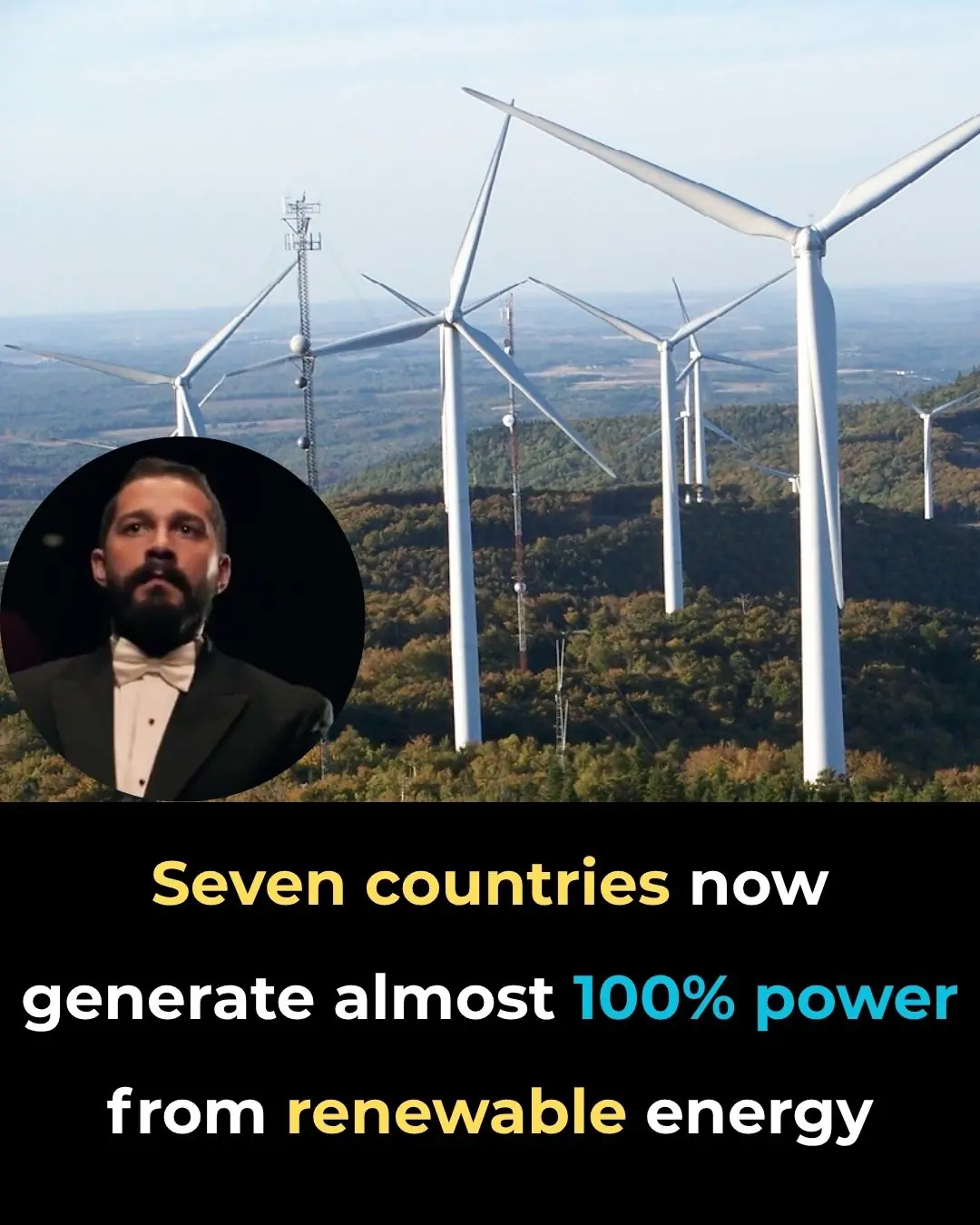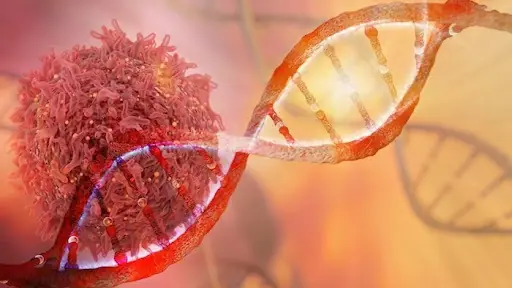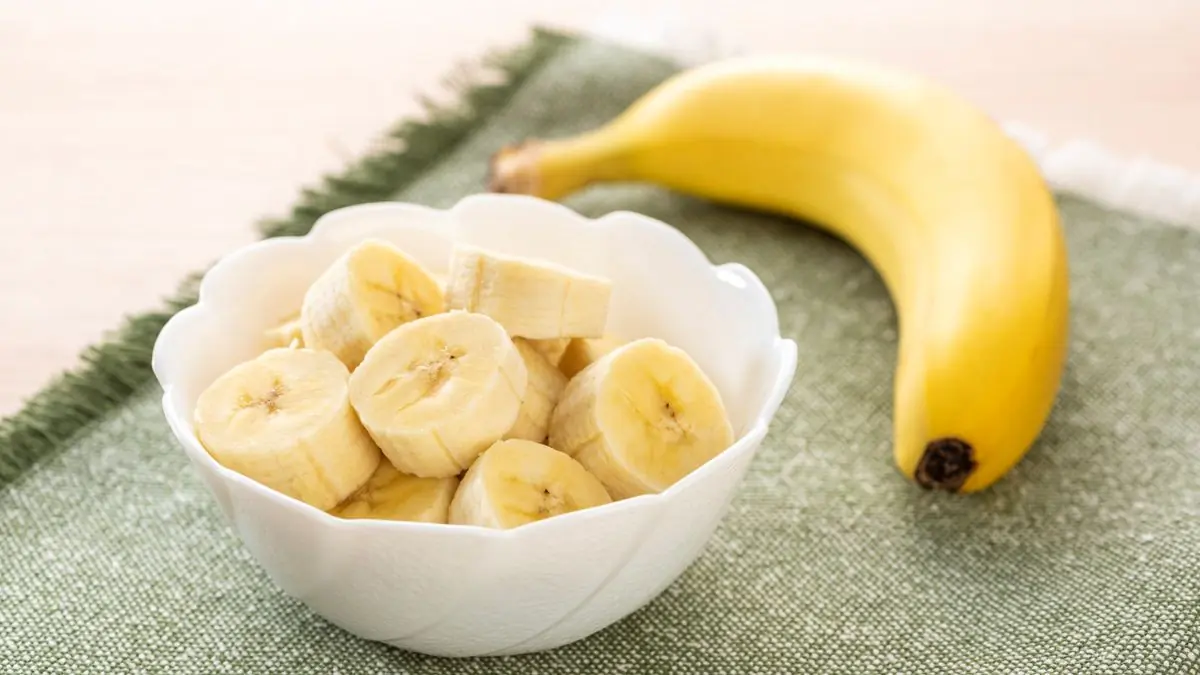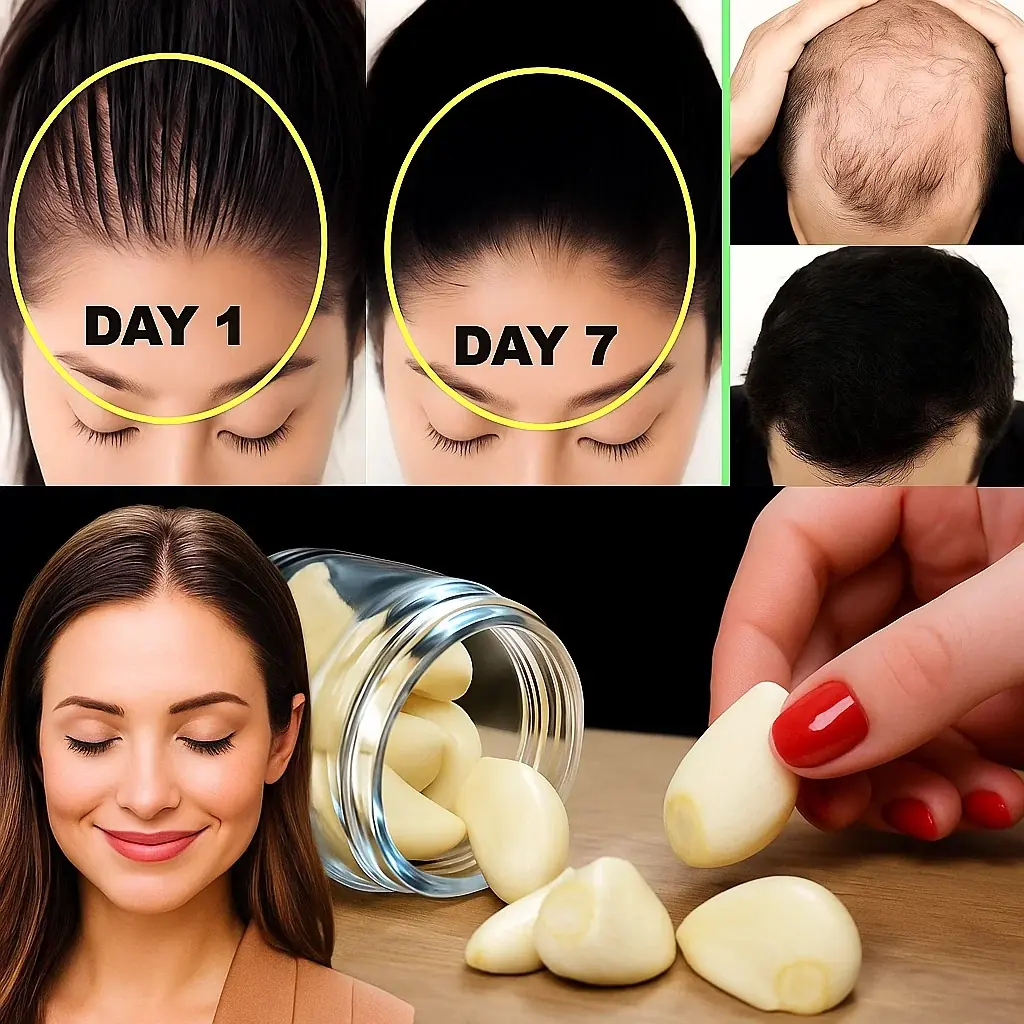After Artem’s sudden decision to leave his family for a fresh start, Olya is left to face the harsh reality of life as a single mother. Yet, as time passes, both Artem and Olya are forced to confront their choices, their responsibilities, and the quiet
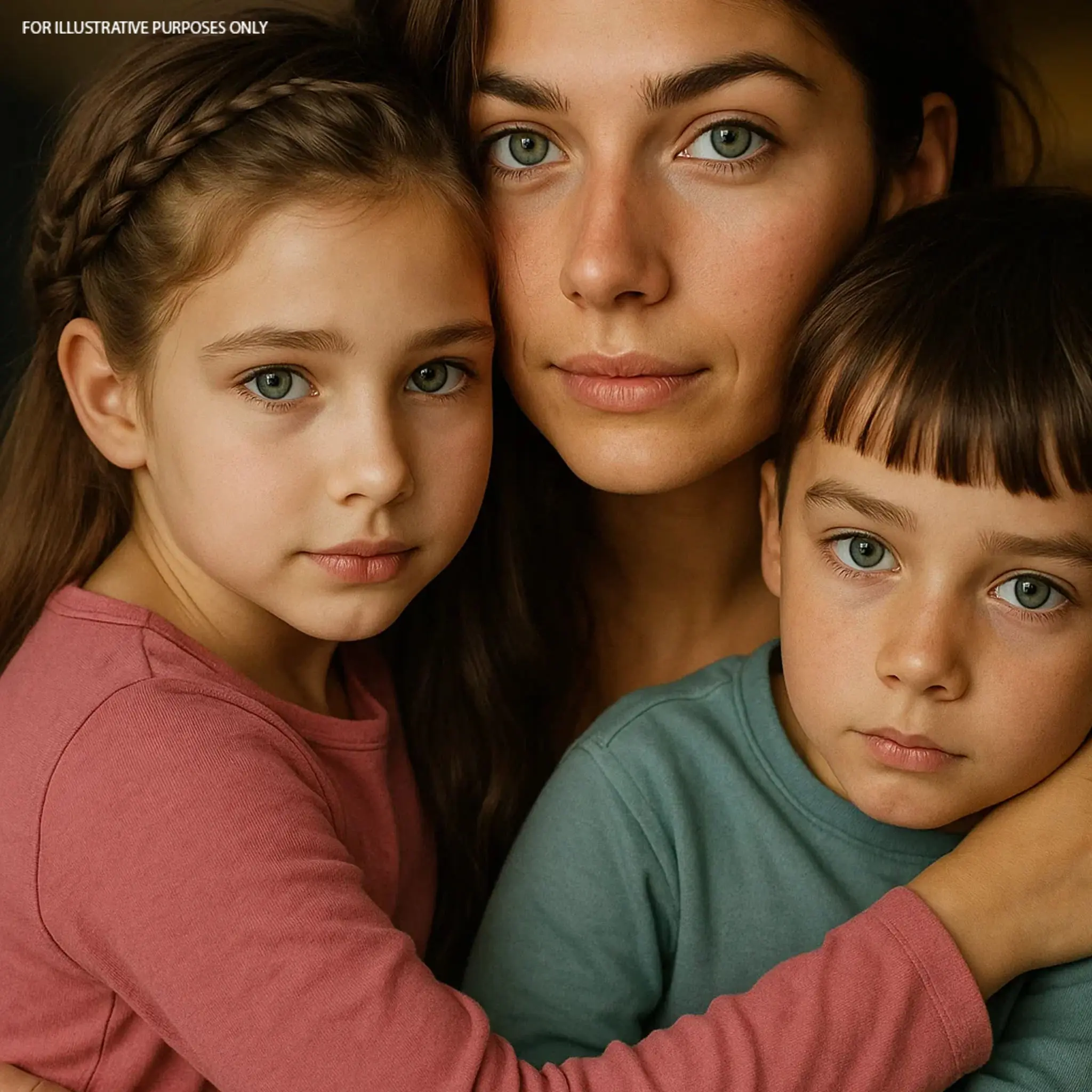
“You didn’t work, you were having kids—so live how you want!” he blurted after the divorce... but almost immediately regretted it.
— “You’re leaving garbage in the hallway again?” Artem stood in his coat, with a bag in his hand. “I’ve been working all day, then stopped by the store, and now I come home to clean up your mess?”
— “The bin was full, I tied the bag and put it there. Then I was with Sanya—he had a fever…” Olya adjusted the band on her sleeve and sighed tiredly. “I didn’t manage to get it done.”
— “You never manage. It’s been years now. Three kids, huh? But could you at least think sometimes?”
— “I do think. It’s just that some people don’t seem to notice.”
— “Oh, sure. You’re busy. Mashed potatoes, pots, kindergarten, school... That’s so hard. But I’m supposed to not be tired?”
— “I’m not saying you’re not tired,” she spoke softly, calm but firm. “It’s just... maybe you can’t understand what it’s like to not sleep properly for a year and still smile in the morning.”
— “You chose this. You wanted to stay at home. You dreamed about having kids.”
— “And so?”
— “Well, you wanted it, so now you have it. I can’t do this anymore.”
— “What do you mean, ‘can’t do this’?”
— “Everything. I’m leaving.”
— “Are you joking?”
— “No, Olya. I’m serious. I rented an apartment, and tomorrow I’ll move the rest of my things. That’s it. We’re adults, let’s not make a scene. I want to start living normally.”
— “And what was this, then? Not life?”
— “This… is a swamp. I’m tired. You’re tired. It’s over. We need to get out of here.”
— “And the kids?”
— “I’m not leaving because of the kids. I’m leaving because of... this. The constant exhaustion, the frustration... maybe even from myself. I don’t know. I just can’t do this anymore.”
Olya was silent for a long time. In the distance, a child’s cough echoed through the room.
— “You’re leaving three kids... because you’re bored?”
— “Don’t twist it. I love them. I’ll visit, pay child support. I’ll do everything as it should be.”
— “Child support? Are you serious?”
— “What do you expect? I’m not a millionaire. But I’ll do what’s needed. We’re just going to live separately now.”
— “Live separately…” she repeated the words softly, as if tasting them. “And you think that’s easy? Me, alone with three kids?”
— “Millions live like that. You’ll manage. You’re strong.”
— “Artem…”
— “That’s it, Olya. I’m leaving. I don’t want a scene. The sooner, the easier. For everyone.”
He turned and left. No hugs. No tears. He didn’t even say goodbye to the kids.
When the door slammed shut behind him, Olya didn’t cry. She just walked into the kitchen, took out a pot, and started cooking pasta. Ilya, the oldest, appeared in the doorway.
— “Mom, did Dad leave?”
— “Yes, he left.”
— “Is he coming back?”
— “I don’t know, Ilyush. Not for now.”
— “Why?”
— “Because sometimes adults do things they shouldn’t, even if they think they’re doing the right thing.”
— “Does he not love us anymore?”
— “He loves us. But that doesn’t mean he knows how to be with us. It’s hard to explain.”
— “I don’t want him to leave.”
— “I don’t want him to leave either. But he left.”
Katya, the middle child, ran in barefoot.
— “Will Dad come soon?”
— “Not soon.”
— “Why?”
— “Because he decided to live alone.”
— “Can I live with him?”
Olya covered her face with her hand, then gathered herself.
— “No, honey. For now, you’re staying with us. At home. We have your toothbrush and your teddy bear here.”
Sanya coughed again. Olya walked to him, tucked him back into bed, and checked his forehead.
— “He’s still running a fever,” she said softly. Ilya peered over from the doorway.
— “Will you give him some syrup?”
— “I’ll give it to him. Please, bring the strawberry syrup from the kitchen table.”
While the kids ate pasta and argued over who the strongest character in their cartoon was, Olya stared out the window. Snow was falling lazily outside. Tomorrow would be hard, but then again, yesterday had been hard too. And the day before that.
The next day, Olya’s mom came to visit, bringing soup and socks.
— “Why didn’t you tell me yesterday?” She looked at Olya sternly.
— “Tell you what? That I was left?”
— “He didn’t leave. He just ran away like a coward.”
— “Don’t, Mom.”
— “And what? Are you just going to stay quiet about this? You’ve put up with everything. You cooked, he ate. He frowned, and you stayed silent. And now he’s free, and you’re a single mother?”
— “Looks like it.”
— “What are you going to do?”
— “Live. Work. Maybe I’ll rent out a room; we don’t need much space. I’ll find a remote job. Sasha’s going on maternity leave, so there’s an opening. I’ll try.”
— “You haven’t worked since Katya was born.”
— “Now I have to.”
Her mom stepped forward and embraced her tightly.
A week later, a girl named Marina appeared at the house. Young, with a green backpack. She was renting a room from Olya. Marina was studying at the pedagogical university and worked as a tutor.
— “Do you need help with Sanya? I’m good with little ones. I even worked at a camp.”
— “If you want, go ahead. I won’t refuse.”
Marina helped put Sanya to bed, played lotto with Katya, and brought bread on her way. For the first time in a long while, Olya went to the store alone, took a shower, and even drank coffee at the table without hearing the kids shout, “Mom, he pushed me!”
One evening, the phone rang.
— “Hello?”
— “Hi.”
— “Who’s this?”
— “Artem.”
A long silence.
— “I just wanted to check how you’re doing. How the kids are.”
— “We’re managing. Thanks for asking.”
— “Can I call them?”
— “You can. Just not at night, like last time. They were already asleep.”
— “Okay. Sorry.”
— “Goodbye, Artem.”
Olya hung up. Katya came up, pulling at her sleeve.
— “Mom, can I go to ballet? A girl in our class goes.”
— “We’ll see, honey. If we can, we definitely will.”
— “Wait. I’ll change Sanya now, and then we’ll see.”
In the box were toys, soft blankets, and a set of chocolates with a note:
‘To my beloved children. I miss you. Dad.’
Olya sighed. There was nothing particularly wrong, but it felt a bit sticky, as if he were trying to buy his way out.
After lunch, she put the youngest to bed, sat Katya down to draw, and while it was quiet, she sat down at the laptop.
Remote work—proofreading texts, simple translations. A friend suggested a couple of jobs.
— “A hundred rubles per thousand characters. Not much. But at least something.” She muttered to herself.
A knock on the door. Marina, in a coat with a shopping bag.
— “Hi. I’m going to the store, they had eggs on sale — should I get some for you? I still have bonus points left.”
— “Sure, thank you so much.”
— “I’ll go to the pharmacy later, maybe Sanya needs something?”
— “Not yet. The fever’s gone down. He slept almost peacefully last night.”
— “Well, that’s good.” Marina left.
— “Of course.”
When the girl left, Katya looked at her mom with a serious face.
— “Mom, is Marina like a nanny?”
— “No. She lives here and just helps.”
— “I like her.”
— “Me too. She’s kind.”
A couple of days later, her friend Sasha called.
— “So, how’s it going?”
— “Well. Working a little. Getting tired. The kids are fighting.”
— “You’re a hero. And you know what? They’re looking for an editor in my office. It’s not full-time, you can do two hours a day remotely. It doesn’t pay much, but it’s steady.”
— “Where is it?”
— “The same place as me. I’m leaving, so the position is open. Write a resume. But be honest: three kids, freelance, stress resistance — write it all.”
— “I’ll write it. Thanks.”
— “Oh, and… Artem was at the bar. With the guys. He didn’t look great. He was drinking beer and complaining.”
— “About what?”
— “About loneliness. About how everything at home was annoying, but now it seems like no one needs him. He said he remembers Katya in his sleep.”
— “Interesting, he remembered he has kids. What a miracle.”
— “Olya, are you angry?”
— “I don’t know anymore. Sometimes I get angry. Sometimes I don’t care. Sometimes I think: it’s good he left.”
Artem did start writing more often. Sometimes it was just “How are you?” sometimes he asked for pictures of the kids, sometimes he complained about work.
Olya answered briefly, without hostility, but also without warmth.
One evening he called.
— “Can we talk? Not to argue. Just… talk.”
— “Go ahead.”
— “How are you?”
— “Tired. Sanya has a runny nose. Katya tore her hat. Ilya got a C on his dictation. Other than that — nothing.”
— “Maybe I can help with something?”
— “Like what?”
— “Well, I don’t know. I could come, take the kids for the day so you can rest.”
— “You think they’ll run to you? After you left?”
— “I just want… to be around. Not all the time. Sometimes.”
— “Try. On Sunday. Only if they agree.”
On Sunday he came. The first time in two months. He looked at Ilya shyly, as though he was facing a stranger’s teenager. He lifted Katya and she laughed. He was afraid to pick up Sanka, but Sanka reached for him. He took them to the park, then to the pizzeria.
When they came back, Olya opened the door and asked:
— “How was it?”
— “Fine. I bought them a toy each. But… Ilya barely spoke.”
— “Well, that’s natural. He’s upset.”
— “I understand.”
— “Understanding and feeling are different things.”
— “I’m working on it.”
He stood there for a while, then went to the door. He turned around at the threshold.
— “You look good.”
— “It’s because I don’t cry in the bathroom anymore.”
That night Olya lay in bed, staring at the ceiling. The kids were asleep. Her back hurt, but inside there was a strange feeling — as if she had made it through. Not won, not become a strong woman in fashionable boots, but just… stayed in place and didn’t break.
A message from Artem:
“Thank you for letting me meet the kids. I really miss them.”
She didn’t reply.
— “Mom, I have reading class tomorrow at kindergarten!” — Katya jumped up and down, holding a worn-out book with a huge bunny on the cover.
— “Great. We’ll practice tonight, after dinner.”
— “What’s for dinner?”
— “Buckwheat and chicken cutlets.”
— “Again?” — Ilya sighed without lifting his head from the tablet.
— “Not again, but once more. Money doesn’t fall from the sky.”
— “And if dad lived with us, would it fall?”
— “No, Ilyush. Then there’d just be someone to take out the trash.”
— “Mom, is that a joke?”
— “Well… almost.”
Olya was frying cutlets, Katya was drawing a crocodile at the table, which had seven legs. The house smelled of fried onions and something cozy, like an old blanket.
Marina returned from university with a bag in her hands.
— “I stopped by the store. There were cream on sale. Will you need them?”
— “Marinka, really, you don’t have to…”
— “I live here, after all. And cream is an investment in my morning mood.”
Olya smiled:
— “You’ve convinced me.”
In the evening, they sat at the table, eating. Sanka was smearing buckwheat across his chair, Ilya was trying to talk with his mouth full, and Katya was reading aloud:
— “And then the rabbit said: ‘I’m not afraid of the wolf or the fox, because I have… friends!’” — She looked triumphantly at her mom.
— “Well done. Expressively.”
— “Can I wear the dress tomorrow?”
— “The blue one? It’s in the wash.”
— “Please, I’ll wash it myself!”
— “Alright. Just don’t forget to take the locket off. Remember, it got stuck in the machine last time.”
Later, when the kids fell asleep, Olya sat in the room, turned on the laptop, and started editing another text. It was boring, but peaceful. She didn’t feel happy — but she felt like herself. Whole. New.
The phone vibrated.
Artem:
“Can we talk? Today. Not about the kids. About us.”
Olya:
“Alright. After nine. When I put them to bed.”
In the evening, they sat in the kitchen. Without the kids, without shouting, without rushing.
Artem held a cup in his hands. Didn’t drink.
— “I don’t know where to start.”
— “Start with the truth.”
— “I lost you. All of you. Not because of you. Not because of the kids. But because I thought freedom meant a separate apartment and no toys on the floor. But it turns out, freedom is when you come home, and someone’s waiting for you.”
— “You didn’t come. You slammed the door and left. Didn’t say a word to the kids. Not to me either.”
— “I was a coward.”
— “Were?”
He sighed. Then said quietly:
— “Am. But I’m trying to change. I don’t want to pretend to be a hero anymore. I’m not a hero. I made a mistake. I was scared. Now I just want to be with you. If I can. Slowly.”
— “You want to come back?”
— “I want to be around. I want to make dinner, even if it’s bad. I want to clean the floors on weekends. Not out of guilt, not because ‘it’s necessary,’ but because I realized — without it, I’m empty.”
— “You can’t just come back and live like before.”
— “I don’t want to live like before. I want something different. Better. With you — if you give me a chance.”
Olya looked at him for a long time. Not as a husband. As someone who had been silent for a long time, and now for the first time, was speaking honestly.
— “I don’t forgive you. Not now. Maybe never.”
— “I understand.”
— “But I see that the kids need you. Even Ilya, though he’s sulking, still waits.”
— “I know.”
— “So… live with us. For now — in the room where Marina stayed. She’s moving out in a week, they finally gave her a room in the dorm.”
— “Really?”
— “Not as a husband. As a father. As a helper. Without the right to lecture or decide who’s in charge.”
— “Of course.”
— “And remember: here, it’s different now. I’m not your shadow. Not your staff. We’re family, but not on autopilot. We’ll be together only if it’s really together, not ‘by habit.’”
He stood up, approached her.
— “Can I hug you?”
— “You can.”
He hugged her gently. Not tightly. Not with demands. Just like that — as if he were afraid she would disappear again.
Marina was leaving for the dorm.
— “You hang in there,” she said, hugging Olya. “You’re awesome. And your family is real.”
— “Thank you, Marinka. We wouldn’t have made it without you.”
— “But now you’re doing it all yourselves.”
They were learning to live again. Without old grudges, but with new rules.
Olya went for her evening run — and no one said, “There’s too much to do at home.”
Artem cleaned up the toys, washed the floors, signed Katya up for ballet. He didn’t become different — but he started trying.
Sometimes they laughed together. Sometimes they argued. But now it was not wars, but conversations.
One evening, sitting at the table, Ilya suddenly said:
— “Dad, are you going to leave again?”
Artem looked at him seriously.
— “No, son. I won’t leave. Even if there’s buckwheat and shouting again.”
Katya giggled. Sanka smeared jam across his cheek.
Olya watched them. It wasn’t a fairy tale. Not new love. Not magical forgiveness.
It was work. Patience. And a conscious choice.
To live together.
Not because “it’s necessary.” But because — “it’s what we want.”
